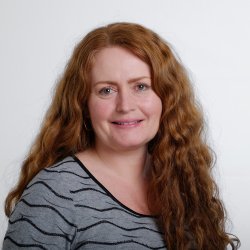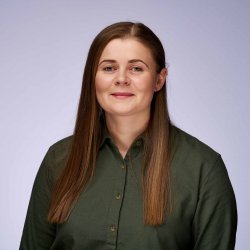Sustainable Offshore Aquaculture - Unleashing the sustainable value creation potential of offshore ocean aquaculture
Our oceans are under pressure with multiple users and the threats of climate change, making it more important than ever to manage our ocean resources carefully. The SusOffAqua project unites a highly qualified cross-disciplinary team in a unique effort to provide competence, innovation and technology to ensure sustainability and resilience in future offshore aquaculture and its value chains – Lower carbon footprint and preservation of biodiversity are key objectives.
SusOffAqua unites a cross-disciplinary team of scientists in a unique effort to provide competence, innovation and technology to ensure sustainability and resilience in future offshore aquaculture and its value chains. Ocean resources must be carefully managed, and our oceans are under pressure with multiple users and the ever more imminent global climate change. If the novel offshore aquaculture industry is to achieve societal acceptance and its full potential, the production must be in accordance with the aim to achieve climate neutrality and preserve biodiversity. The consortium will develop real time monitoring approaches for preventive biosecurity and reduced environmental impact. The concept of an artificial intelligence based autonomous steering system will be piloted as key enabling technology. This research tackles autonomic information technologies with processes that are autonomously synthesized to an offshore aquaculture management platform that is aware of its architecture and effects and is able to (re-) organise processes at runtime by self-adaptation and optimization.
The potential for the implementation of such a technology in future offshore aquaculture will be demonstrated in the areas highly relevant for offshore aquaculture, particularly feeding in view of high GHG emissions related to feed value chain. Concurrently fundamental knowledge will be built in key aspects of biological performance, ecological impact, fish welfare and energy systems in with relevance to developing sustainable offshore aquaculture value chains. The project will seek to develop and validate tools (LCA and economic analytics & energy system analysis) to assess to which extent uptake of technology and other innovations can propel the sector towards climate neutrality and low environmental impact.
Primary and secondary objectives of the project
The primary objective is to develop new knowledge and technology in close synergy with the main project, that contribute to sustainable development of aquaculture value chains offshore.
- Develop automated surveillance, artificial intelligence-based tools and digital twins as key enabling technologies to achieve offshore production with minimal GHG emission and ecological footprint.
- Establish how pen integrity, renewable energy and circular- economy based processes can contribute to developing resource efficient value chains with reduced environmental footprint.
- Provide insight into key aspects of biosecurity and fish welfare offshore in order to identify the main drivers for improved fish health and survival, zero-loss and reduced negative environmental impact.
- Develop life cycle and economy analysis of current and new offshore value chains to provide insight of aquaculture processes and impacts for operators and legislators for sustainable management.
NVI leads WP2 – “Preventive Biosecurity”, and participate in WP5 – “RASmolt - post-smolt performance and welfare in closed Containment System” and WP9 “Responsible Innovation Lab - RIL”.
Read more about the project on the project homepage.
Partners
- NORCE (project leader)
- University of Stavanger (project partner)
- Norwegian Veterinary Institute (project partner)
- Marine Institute (project partner)
- Western Norway University of Applied Sciences (project partner)
- The University of Melbourne (project partner)
- OVUM (industry partner)
- SalMarAkerOcean (industry partner)
- Skretting (industry partner)
- FishGlobe (industry partner)
- MoreldAqua (industry partner)
- GriegSeafood (industry partner)






